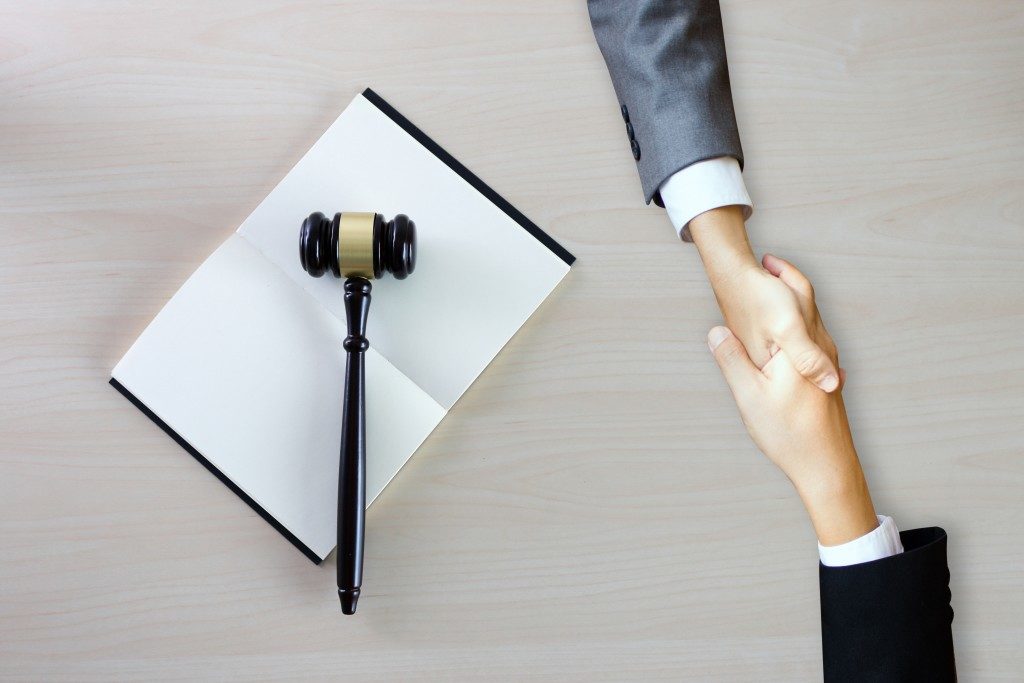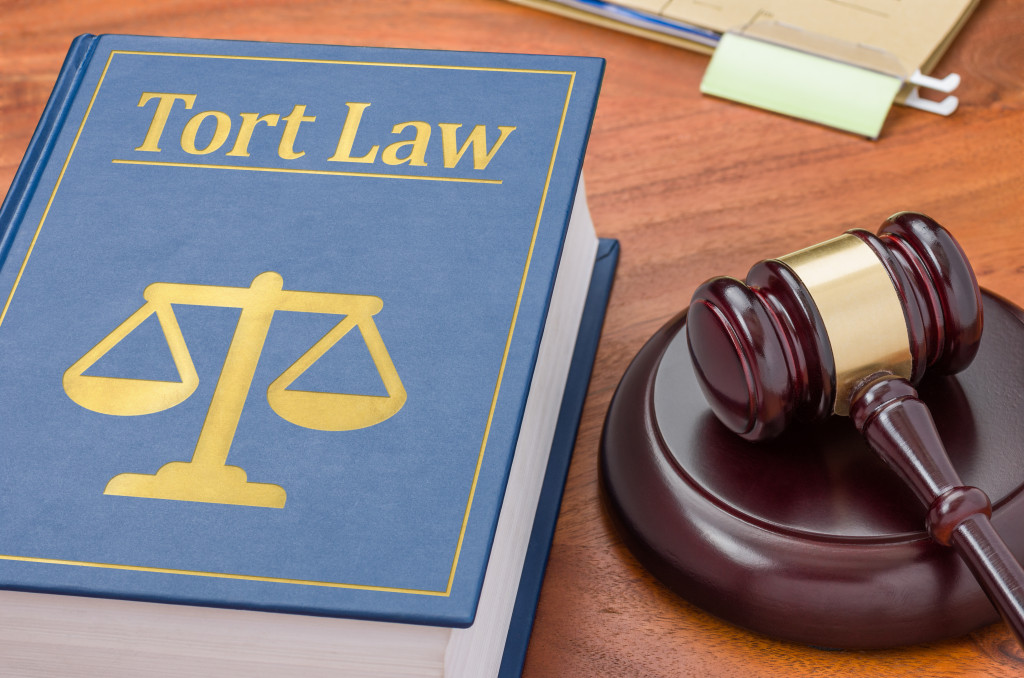Now that the vaccine has been released to the general public and both public and private sectors are on a timeline to restore normalcy, everyone now has more time to take stock of the previous year, and hold those accountable for any failures that caused damage. Here is a list of the types of lawsuits that we anticipate will be filed, as the American public demands accountability for the missteps of 2020:
1. Class-Action Lawsuits Against Employers
As companies struggled to keep operating during the pandemic, many workers felt that they were unduly exposed to harm. For example, employees of McDonald’s filed a class-action lawsuit against the fast-food giant, claiming that the company didn’t adopt proper safety and health precautions for employees, which endangered them and their families.
We expect more of these lawsuits- and settlements, in the cases where there is successful class action mediation- to be filed in 2021. While the court system has to deal with a heavy backlog of cases caused by the cessation or reduction of court operations in 2020, a lot of these cases will be pending– which, for the plaintiffs, may work against them.
2. Lawsuits Against School Systems
While a school system might be sued by multiple parents, these parents are often spread across several schools in a district. There have been many documented cases of both students and teachers catching the virus, with almost 100,000 students testing positive in August when state governments tried to reopen schools for face-to-face learning.
Because of this, school systems will face many lawsuits based on when children went to school, and if it can be proven that the students were exposed to COVID due to the schools’ negligence, both public and private institutions will pay out significant amounts in damages, particularly if the student became seriously sick or died.
3. Lawsuits Against Government

While the government on both the state and federal levels scrambled in the first half of 2020 to contain and manage the outbreak, unclear or conflicting policy during the outbreak may have caused damage, either to a citizen’s health or their livelihood.
In November, for example, the federal government was sued in New York over its alleged mismanagement of the virus, with the 54-page complaint alleging that the federal government had turned over the responsibility of handling the outbreak to an unprepared state government, citing “misconduct and neglect.”
Suing the government is difficult– it is protected by sovereign immunity, which means it can’t be sued without its consent. However, while the Federal Tort Claims Act (FTCA) of 1946 does allow someone to sue a member of the government, the law is restrictive and tends to favor the federal government by its nature. If the case is strong enough and the evidence is compelling, a case can be made. Normally these cases are filed by municipal and state governments against the federal, although there are some cases of individuals vs. the federal government, as in a case against the Trump government by federal workers alleging discrimination based on age.
4. Lawsuits Based On Price-Gouging
Price-gouging occurs during crises. As supplies dwindle and demand surges, certain goods will go up in value, which makes it difficult to establish price-gouging. In another New York case, the court ruled in favor of a seller accused of doubling the price of house disinfectant. However, unlike most states, New York doesn’t have a specific threshold as to what constitutes price-gouging, instead needing to establish that the price increase is “unconscionably extreme.”
Because the pandemic has brought about economic disruption and placed a strain on the supply chains of goods and services, we will undoubtedly see major price fluctuations that will be the cause of price-gouging suits.
As the world slowly recovers from the pandemic of 2020, its effects– on the economy, health, and other aspects of life for both citizens and companies– will continue throughout 2021 and beyond. And as we try to move beyond the disaster, it is often in our best interests to make sure that those who mishandled the crisis are held accountable, so that we are better prepared for the next one.

